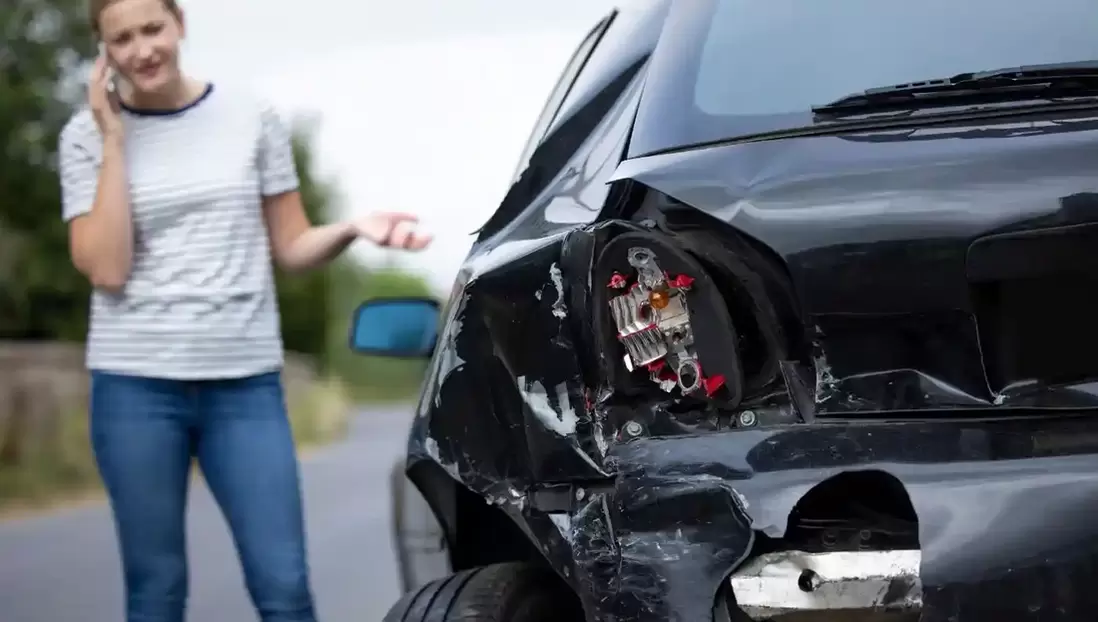What type of car insurance policy do you need?
Save money on your car insurance |
|
If you drive a car on a public road, you need to insure it. That’s the law.
The law is designed to provide compensation to other vehicle owners you may damage while you're on the road. All insurance companies these days offer many add ons, such as breakdown cover, and protection of your no-claims bonus. FIND THE BEST DEAL ON CAR INSURANCE TODAY! Compare and save over £200 |
|
|
They’ll also offer polices tailored to an individual, such as telematics or black boxes, which monitor the driving habits of younger motorists in particular and come up with a premium based on the data they record.
But all car insurance policies are basically one of three types and before you compare and switch to a cheaper deal, it's worth brushing up on what they mean. Here’s what they are and the difference between them. |
|
|
Third-party insurance
This is the legal minimum level of insurance you must have. At this level of cover, if you are involved in an accident that's your fault, any damage or injury you cause to another person or their property (usually their car) is covered. So, having Third Party Only insurance protects other road users and pedestrians from incurring costs associated with your mistakes. These costs may include legal costs and the cost of repairs to their vehicle. The law is there to make sure the person who is not at fault doesn't end up having to pay for everything. But any damage to your car, if an accident is judged to be your fault, will not be covered, and you’ll get nothing towards your own repairs. Similarly, if an accident is judged 50-50, meaning no one one was fully to blame, you’re going to be out of pocket. Beyond that, if your car is damaged by fire, or it’s stolen, you’ll get nothing from your insurer under this type of policy. While this might sound like a bargain-basement type of policy, it will often not even be offered by insurers. And those that do offer it will often charge more than for other options. Why? Because a driver who opts for such a stripped-down policy might be seen by a company as too risky – someone driving an old, cheap car who isn't too bothered about protecting it. Traditionally it was younger drivers who chose this level of insurance to keep costs down. But because they have far less on-the-road experience, younger drivers are statistically more likely to have an accident than more experienced ones – and so cost insurers money!
|
|
|
Up one level then is:
Third party fire and theft This is the next step up in car insurance from Third Party only. It does everything Third Party Only does but also, as the name suggests, it covers your car against damage by fire and will also cover you if your car is stolen. You might consider coverage for theft then isn’t worth having, especially if your car is a banger, but again an insurer may regard you as a greater risk if you take that attitude and raise the cost of a policy to compensate. Advancements in anti-theft technology over recent years have also meant motorists can do a lot more to protect their cars against thieves. But car theft is still a problem and it can happen to any car, anywhere, so having cover for theft makes a lot of sense. Ultimately, it’s your decision. Once again, this type of policy is not always cheaper than the next level up, which insurers are far more fond of selling. It can even work out to be more expensive. COMPARE CAR INSURANCE COVER AND SWITCH TO SAVE Compare and save over £200 |
|
|
Comprehensive insurance
Insurers like selling you this level of cover because they calculate that those drivers who opt for it are likely to care more about their vehicles and they are far more likely to pay for add-on extras. Comprehensive cover will protect you against most types of accidents and damage to your car that you will encounter. The major difference between comprehensive car insurance and lesser levels of cover is that with comprehensive cover, damage sustained to your car is covered even if the accident is deemed to be your fault. So, whilst it's not a legal requirement to have anything other than Third Party Only cover, it can make sense to go for Comprehensive, especially if you would be unable to replace your own car if it was written off in an accident you caused yourself. Keep in mind, though, that while comprehensive will pay out to cover damage to your car regardless of fault, if you make a claim, your renewal when it comes through is likely to go up to reflect the fact that, statistically, having already made a claim, you are now automatically higher risk. And don’t be gulled by the idea of ‘protecting’ your no-claims bonus. Many people imagine that if they do this they won’t pay extra at renewal. The truth is that, yes, you’ll still receive the no-claims discount on your renewal price but that price will usually go up. So you get the same bonus, or discount, but on a higher price. Either way, you’ll pay more! Be aware, too, that Comprehensive policies are not all exactly the same, regardless of add ons. Some will insure you to drive any car (usually with third-party cover), but not all will do this. There may be other clauses in the T&Cs, so check that the one you opt for offers the cover you need. |
|
Compare quotes to save on car insurance |




